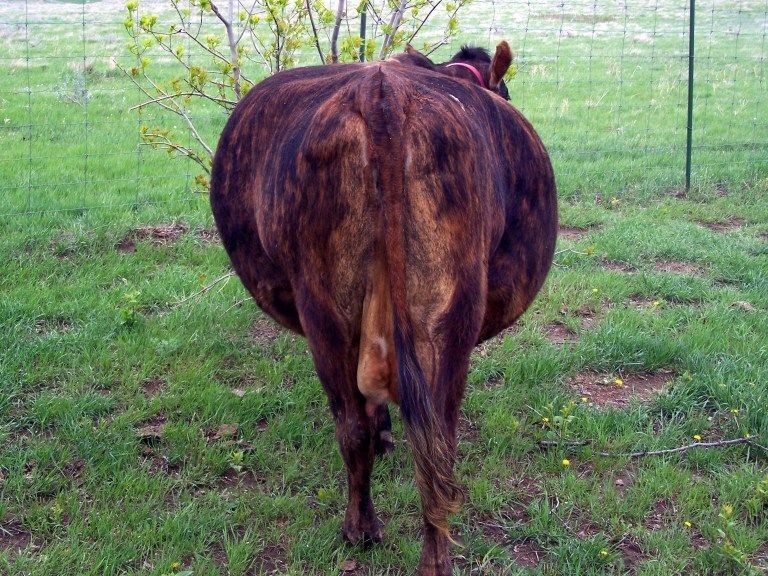There is not much more distressing than seeing a cow suffering bloat. If severe and not treated for, many cow deaths can occur, all very quickly and unfortunately, with much pain to the animals concerned. For many farmers of grazing ruminants and especially in dairying, bloat is considered to be part and parcel of farming but this need not at all be the case, A very important key is to having no bloat is understand the relationship between bloat and sodium (as in common salt).
Massey University's emeritus soils scientist Dr Max Turner kicked this off in the early 1980's when investigating the relationship of sodium levels and bloat control.
He initially did this at Massey on trial plots and later repeated them in the Manawatu, Southern Hawkes Bay and Taranaki in farm paddock situations. More recent Ruakura Research Station (NZ) work confirms much of Dr Turners work.

Dr Turner showed that a direct relationship existed between soil and plant sodium levels, that plant uptake of sodium was very similar to potassium and that potassium has a very real antagonistic effect on soil and plant levels.
He also showed that salt did not affect pasture production.
Dr Turner has also suggested a relationship exists between bloat and the potassium and sodium ratio. His earlier work suggested the optimum ratio of potassium to sodium in herbage be less than 20 to 1. Subsequent work suggested the optimum appears to be within the narrower range of 5:1 to 10:1.
In a Waikato New Zealand pasture survey, only 16% were in the ideal 5:1 to 10:1 ratio range; 41% were in the 10:1 to 20:1 range and 43% over the 20:1 ratio range with the highest being at a 58:1 ratio.
It is worth mentioning that nitrogen as well as potassium fertilisers can widen this gap.
However none of the trial work done appears to attempt to quantify factors such as pasture palatability, clover imbalance where potassium levels are high, decreased pasture pulling, improved cow temperament or even improved per cow production.
Solutions
Treating the cause (mineral imbalances in the soil) rather than the symptoms is the ultimate solution - treatment with bloat oil or similar remedies only treats the symptoms and such, there will always be some cost to the animals production and welfare. Soil testing supported with herbage testing is the first test. If the potassium levels are particularly high, at the very least simply avoid applying potassium fertilisers for the time being! If your potassium levels are high enough to cause bloat, stopping potassium applications for a while will NOT decrease pasture production!
Getting your soil available calcium, magnesium, sodium and potassium (and indeed all mineral) levels in balance should be your end goal. When they are in balance, bloat will be extremely unlikely to ever occur.
A shorter term option well worth trying is to simply apply around 25 to 50 kg per ha of agricultural salt to pastures, as you would any fertiliser. Within days, potassium to sodium levels in the herbage will become more favourably aligned and bloat will cease to be such a problem if not outright eliminated.
Another longer term solution is to introduce other species into your pastures, particularly those with a higher tannin content. Chicory is one such candidate but even having the presence of the odd 'dock weed' will help in this regard.
